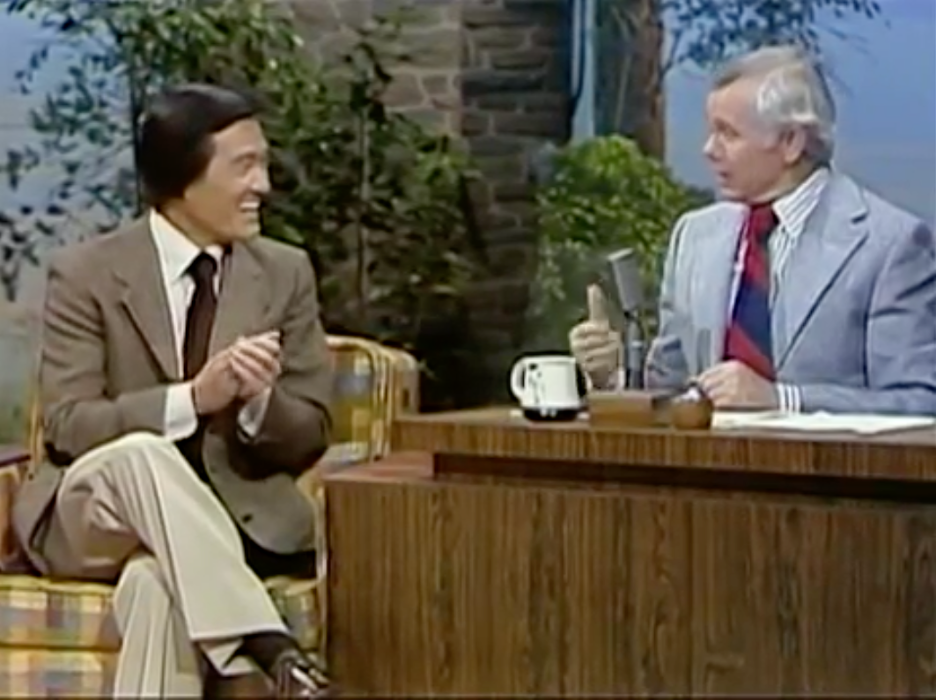
By Grace Jung
THIS ARTICLE WAS AWARDED TOP PRIZE IN THE SCMS TV SIG 2020 GRADUATE STUDENT ESSAY CONTEST
Excerpt: “When delivering his line, Yune intentionally mispronounces ‘Honolulu’ as ‘Honoruru,’ prompting laughter from the audience as well as his costars. Deliberate mispronunciation of words is a common gimmick in Yune’s routine. In this case, Yune specifically mixes up ‘l’ and ‘r’ sounds, which is a staple in his act but also a hackneyed stereotype that derides Asian English-speakers who cannot distinguish the two sounds. Such humor both racializes and genders cultural inferiority; it is an example of ‘racial castration,’ per David L. Eng, ‘in which the Asian American male is both materially and psychically feminized within the context of a larger US cultural imaginary’ (2001, 4). A display of Asian male incompetency or ‘differential lack’ suggests emasculation (Eng 2001, 154); thus, the parodied language incompetency of onscreen Asian male characters raises an intersectional question of gender and race. 4 Countless Hollywood films and shows deem an Asian character’s confusion over the ‘l’ and ‘r’ pronunciation as laughable. This figurative form of racial castration can be termed tongue castration, referring to the othering, infantilizing, and/or disabling of Asian maleness onscreen by means of a heavy accent that renders his words unintelligible, or by removing the subject’s voice completely. This form of tongue castration of Asian men in media is common practice in Hollywood, and has a longstanding history.”
Read the full article here
